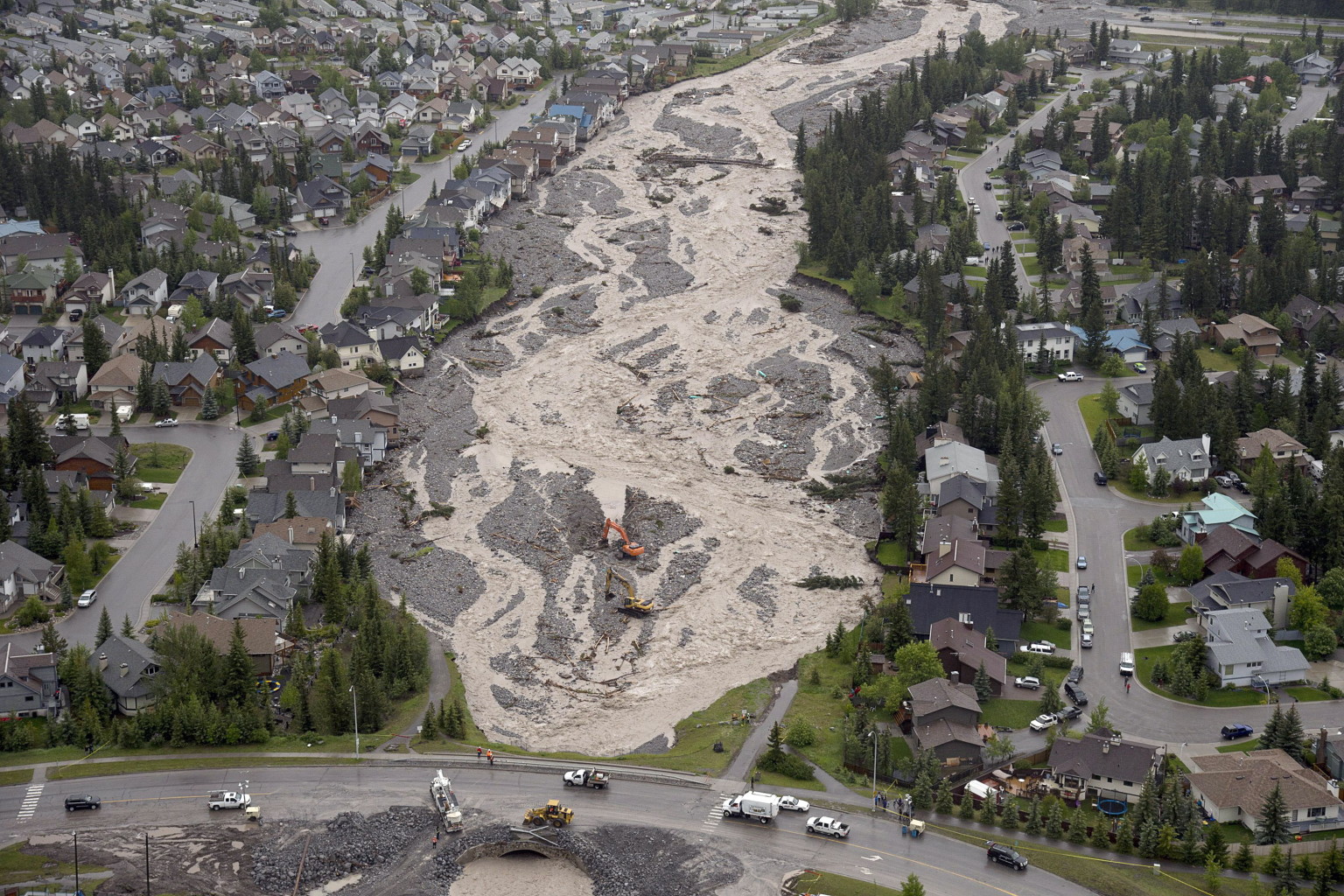Denim Deb
More Precious than Rubies
- Joined
- Oct 21, 2010
- Messages
- 14,993
- Reaction score
- 620
- Points
- 417
Glad to hear things are getting back to "normal". And, glad you didn't have any problems.
 So sorry to hear how things went in your area Bay--1994 is a long time ago!
So sorry to hear how things went in your area Bay--1994 is a long time ago!
